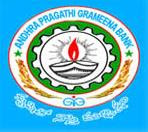Civil Service aspirants now have to tackle CSAT: A Review
 The
Civil Services Examination has been considered the toughest and most selective
competitive examination since the times of the British. The numbers speak for
themselves. Of about two lakh who actually appeared for the exam in 2009, only
875 could make it to the services. In recent years, the trend for the best and
brightest to opt for the Civil Services has continued in spite of the lucrative
private sector jobs available.
The
Civil Services Examination has been considered the toughest and most selective
competitive examination since the times of the British. The numbers speak for
themselves. Of about two lakh who actually appeared for the exam in 2009, only
875 could make it to the services. In recent years, the trend for the best and
brightest to opt for the Civil Services has continued in spite of the lucrative
private sector jobs available.
The changes brought about in the examination pattern by the Union Public
Service Commission will further strengthen this trend. Civil Services Aptitude
Test (CSAT) has replaced the Preliminary examination conducted every year in May
as a qualifying exam for the Mains. Now all candidates have to appear for two
common qualifying papers instead of an optional subject chosen from a list of 23
subjects.
The Second Administrative Reforms Committee, Prof. Yoginder K. Alagh
Committee and others have recommended that testing a candidate's knowledge in a
particular subject would only produce specialists but would not select a
candidate with an aptitude for public service. The CSAT is set to address this
issue. It would also remove the need for a controversial scaling system
currently being used to ensure that no single optional subject is advantageous
due to the varying levels of difficulty in that year.
What are the changes?
The UPSC has notified the syllabus for CSAT to be conducted on June 12 along
with a set of sample questions. Unlike before, both papers are to be of 200
marks of two hours duration and all questions are multiple-choice questions. The
General Studies paper remains the same except for added emphasis on
environmental ecology, bio-diversity and climate change. Paper II will test
comprehension, interpersonal skills including communication skills, logical
reasoning and analytical ability, decision-making and problem-solving, general
mental ability, basic numeracy, data interpretation, and English language
comprehension skills.
What do they mean?
As can be seen from the sample questions given by the Commission,
comprehension will test the candidate's ability to understand and evaluate
real-life situations and relevant issues while interpersonal skills will test
the candidate's ability to conduct himself/herself in social interactions.
Logical reasoning involves drawing conclusions and determining logical rules
behind a set of statements. Questions on decision-making and problem-solving
will test the candidate's ability to use common sense and logic in solving
hypothetical problems that administrators might face.
General Mental Ability questions from the previous General Studies paper have
been shifted to the second paper now. Basic numeracy will involve mathematics
questions of the class X level and data interpretation will test knowledge of
basic statistics.
Data sufficiency questions will provide a set of statements and would require
the candidate to state whether the data is sufficient to answer the given
question. Reading passages in English will also be given to test the candidate's
understanding and knowledge of the language. Sample questions and syllabus can
be seen on the UPSC website at www.upsc.gov.in along with the notification for
the exam.
Apprehensions



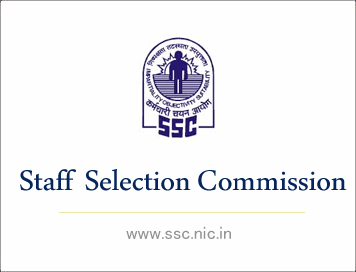


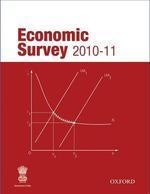
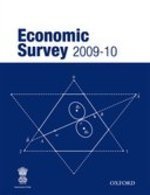
 The
time has come to sit down and start preparing for the most competitive exam in
India, possibly the world. Aptitude tests have become an integral part of any
competitive examination, especially if it is meant to select the people who
would be the drivers of the Great Indian Growth Story. Civil Services Aptitude
Test, the new pattern of the Civil Services Preliminary exam, conducted by UPSC,
need not cause heartburn among the lakhs of candidates who are set to appear for
it. A first step in any preparation should invariably involve understanding the
syllabus. Now it is time to shore up your skills with some tips and tricks.
The
time has come to sit down and start preparing for the most competitive exam in
India, possibly the world. Aptitude tests have become an integral part of any
competitive examination, especially if it is meant to select the people who
would be the drivers of the Great Indian Growth Story. Civil Services Aptitude
Test, the new pattern of the Civil Services Preliminary exam, conducted by UPSC,
need not cause heartburn among the lakhs of candidates who are set to appear for
it. A first step in any preparation should invariably involve understanding the
syllabus. Now it is time to shore up your skills with some tips and tricks. 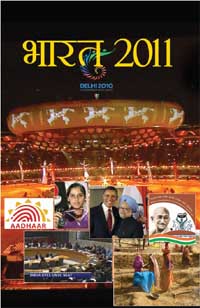

 The
Civil Services Examination has been considered the toughest and most selective
competitive examination since the times of the British. The numbers speak for
themselves. Of about two lakh who actually appeared for the exam in 2009, only
875 could make it to the services. In recent years, the trend for the best and
brightest to opt for the Civil Services has continued in spite of the lucrative
private sector jobs available.
The
Civil Services Examination has been considered the toughest and most selective
competitive examination since the times of the British. The numbers speak for
themselves. Of about two lakh who actually appeared for the exam in 2009, only
875 could make it to the services. In recent years, the trend for the best and
brightest to opt for the Civil Services has continued in spite of the lucrative
private sector jobs available. 